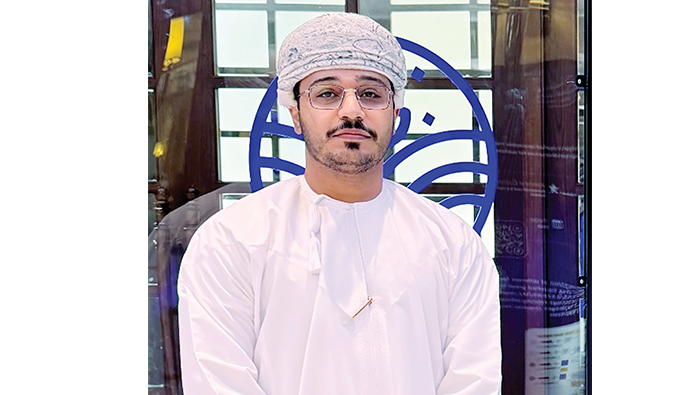
Muscat: Microplastics have emerged as contaminants of concern because of their ubiquitous presence in almost all aquatic environments, a study in Oman revealed.
The study, “Additive effects of microplastics on accumulation and toxicity of cadmium in male zebrafish” won accolades at the National Research Awards, organised by Ministry of Higher Education, Research and Innovation.
The study conducted by a research team led by Maklas Said Al Marshoudi, Lecturer at the University of Technology and Applied Sciences Muscat, is among the winning innovative research projects in the 10th National Research Award, organised by the Ministry of Higher Education, Research and Innovation.
Elaborating on the research, Marshoudi said microplastics have emerged as contaminants of concern because of their ubiquitous presence in almost all aquatic environments.
The ecological effects of MPs are complex and depend on multiple factors, including their age, size and the ecological matrix.
There is an urgent need for multifactorial studies to elucidate their impacts.
Maklas explained that there was an additive interaction between water-borne cadmium (Cd) and MPs on bioaccumulation in males, but not in females.
Cd accumulation increased by twofold when water-borne Cd and MPs were combined.
Water-borne Cd induced significantly higher levels of metallothionein compared to MPs pre-exposed to Cd. However, Cd-treated MPs caused greater damage to the intestine and liver compared to untreated MPs suggesting that bound Cd could be released or modulate MPs
toxicity.
The research team also showed that co-exposure to water-borne Cd and MPs increased anxiety in the zebrafish, compared with water-borne Cd alone, suggesting using microplastics as a vector may increase toxicity.
This study demonstrated that MPs could enhance the toxicity of Cd, but further study is needed to elucidate the mechanism.
According to Maklas, the most important finding of this research is the ability of microplastics to increase cadmium toxicity and accumulation in the studied fish.
The toxicological interaction of microplastics and other conventional toxicants is still not fully understood and there is a global need for more research in this area.
The research project was published in Chemosphere. The research team included Maklas Al Marshoudi, Dr. Hassan Al Reasi, Dr. Aziz Al Habsi and Dr. Michael J. Barry.
Maklas Al Marshoudi stated that the National Research Award is “an award that awards years of hard work and dedication to environmental research. The award acknowledged the importance and the critical role that researchers play in the nation’s development and prosperity”.